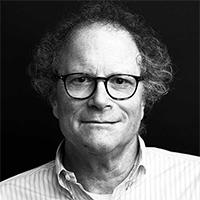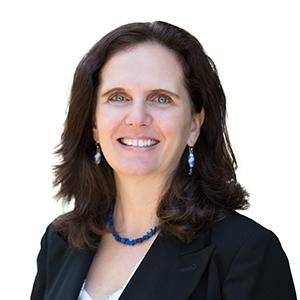City of Hope’s Department of Stem Cell Biology and Regenerative Medicine has received a $4.9 million grant to train the next generation of scientific leaders in basic stem cell research and its translation into novel, lifesaving treatments.
The award from the California Institute for Regenerative Medicine (CIRM) contributes to the more than $121 million in grants that Beckman Research Institute of City of Hope has received from CIRM to date, indicating the state-funded agency’s confidence in City of Hope’s long-standing leadership in stem cell-related therapies. As a biomedical institution, City of Hope has deep expertise in developmental and stem cell biology, resulting in strong clinical programs in bone marrow transplantation, cancer immunotherapy, gene therapy to correct genetic defects, and cell replacement and tissue regeneration strategies to treat diabetes.
“Our mission is to train predoctoral and postdoctoral CIRM scholars in basic stem cell and developmental biology, and the translation of this foundational knowledge into novel and effective therapies for patients with cancers, degenerative diseases, genetically caused conditions and other maladies,” said Michael Barish, Ph.D., professor in the Department of Stem Cell Biology and Regenerative Medicine and program director of the CIRM-funded educational project.
The five-year grant will be used to mentor junior scientists with the help of City of Hope’s Irell & Manella Graduate School of Biological Sciences at Beckman Research Institute. The program will leverage City of Hope’s position as one of the few cancer centers in the United States with on-campus good manufacturing practice facilities capable of creating clinical-grade biologics and small molecules. Students also will benefit from the fact that their classrooms and laboratories are within walking distance from where patients receive compassionate patient care.
City of Hope has an integrated, multidisciplinary approach to translating fundamental research findings into clinical practice for patients’ benefit. In addition to laboratory research, the CIRM scholars will learn how to implement cell-based therapies, engineer and manufacture cells, obtain regulatory approval and commercialize biomedical products. Instruction will come from scientific and clinical faculty, research nurses and experts in the ethics of stem cell research and its application to medicine.
Due to the program’s proximity to patient care areas, students will also have the unique opportunity to receive mentorship from both City of Hope’s Department of Supportive Care Medicine and Division of Health Equities, where they will be exposed to experts in patient engagement and community outreach programs.
“This program originates from City of Hope’s longstanding expertise in conducting clinical trials and applying fundamental stem cell biology and gene therapy to the treatment of diseases. The program reflects City of Hope’s commitment to ensuring that future scientific leaders understand the varied needs of diverse patient populations, and the inequities that presently affect both biomedical research and the development of and access to innovative therapies,” said Nadia Carlesso, M.D., Ph.D., professor and chair of the Department of Stem Cell Biology and Regenerative Medicine and co-investigator of the CIRM project.
Other leaders in this CIRM-funded stem cell and regenerative medicine training program include City of Hope’s Yanhong Shi, Ph.D., Herbert Horvitz Professor in Neuroscience, Rick Kittles, Ph.D., M.S., professor and director of the Division of Health Equities, and Keely Walker, Ph.D., director of the Office of Faculty and Institutional Support.
The new program is one element of City of Hope’s broad commitment to education, including the Irell & Manella Graduate School of Biological Sciences at Beckman Research Institute, which offers doctoral programs in biological sciences and translational medicine, as well as master’s programs in regulatory affairs and translational medicine. City of Hope also supports a portfolio of National Cancer Institute-supported training programs in cancer metabolism, DNA damage and pathways to cancer, as well as training programs for students from traditionally underrepresented backgrounds (supported by the National Institute of Diabetes and Digestive and Kidney Diseases).


